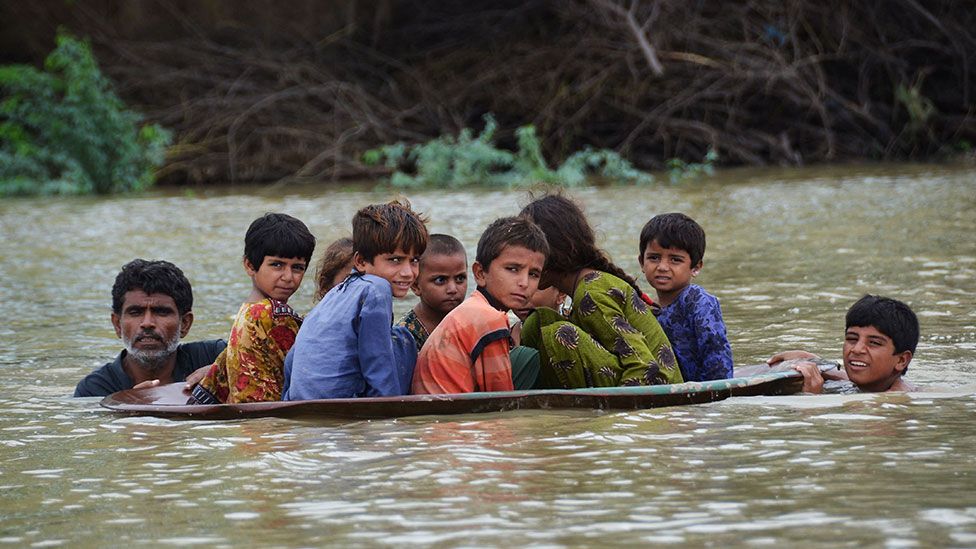
Floods, prevalent natural calamities, afflict both developed and developing nations, often with severe repercussions. Their health ramifications diverge significantly among populations, contingent upon factors like vulnerability and flood characteristics. This article endeavors to expound on the diverse health consequences of floods, pinpoint pivotal knowledge gaps, and underscore the imperative of an efficient public health retort to climate change. Floods contribute to half of all deaths caused by natural disasters worldwide, resulting in an average of 9,000 fatalities annually. Though the precise global death toll from floods is unspecified, it is discernible that floods precipitate over 5,000 deaths each year globally.
#### Health Impacts of Floods
Floods instigate an array of health adversities, encompassing mortality, injuries, and diseases, contingent upon flood nature and population susceptibility.
1. **Mortality and Injuries**
– **Immediate Fatalities and Trauma:** Floods evoke immediate fatalities via drowning and physical injuries. Furthermore, post-flood circumstances elevate injury prevalence due to perilous environments.
2. **Diseases**
– **Oro-fecal Diseases:** Contaminated water sources incite outbreaks of cholera, typhoid, and hepatitis A.
– **Vector-borne Diseases:** Stagnant water fosters mosquito proliferation, escalating malaria and dengue fever risks.
– **Rodent-borne Diseases:** Disturbed rodent habitats heighten human exposure to leptospirosis.
– **Mental Health Issues:** Floods precipitate substantial psychological stress, culminating in anxiety, depression, and PTSD.
#### Knowledge Gaps
Despite floods’ profound health ramifications, substantial knowledge gaps persist:
1. **Mental Health Impacts**
– Long-term mental health consequences of floods and their primary triggers remain inadequately explored, particularly in affluent settings.
2. **Mortality Risks Post-Flooding**
– Understanding mortality risks in the aftermath of floods is limited.
3. **Infectious and Vector-borne Diseases**
– The quantification of infectious and vector-borne disease risks post-flooding necessitates further investigation.
4. **Effectiveness of Warning Systems and Public Health Measures**
– The efficacy of warning systems and public health interventions necessitates additional scrutiny to mitigate flood-related health burdens effectively.
5. **Health-related Costs of Flooding**
– The underestimation of health-related costs impedes informed decision-making regarding flood interventions.
6. **Climate and Land-use Change Contributions**
– The contribution of climate and land-use changes to flood risk and associated health burdens mandates comprehensive examination across various settings.
#### Climate Change and Health
Scientific consensus underscores climate change’s profound impact on global health, manifested through rising temperatures, melting ice, and increased climate variability. These changes exacerbate flood risks, amplifying health repercussions.
#### Public Health Response
An effective public health response to climate change is imperative to mitigate injuries, illnesses, and risks, necessitating science-based decision-making and adherence to public health ethics. There’s a need to execute Essential Services of Public Health framework that provides a strategic blueprint for comprehensive public health responses.
#### Conclusion
Addressing flood-related health impacts necessitates a comprehensive approach, informed by rigorous research and ethical principles. As climate change intensifies flood risks, bolstering preparedness and response strategies is paramount to safeguarding public health and fostering sustainable outcomes for health, environment, and economy.

